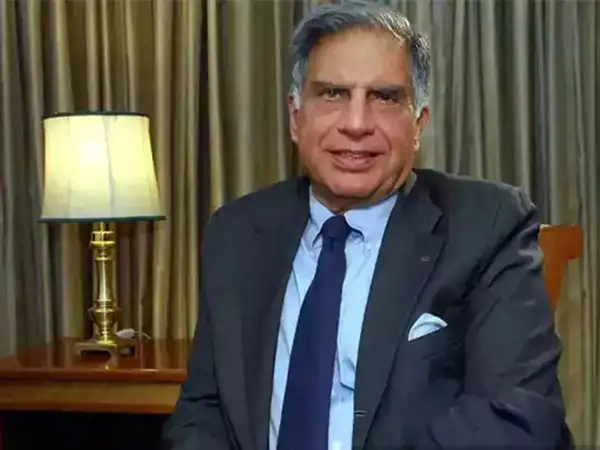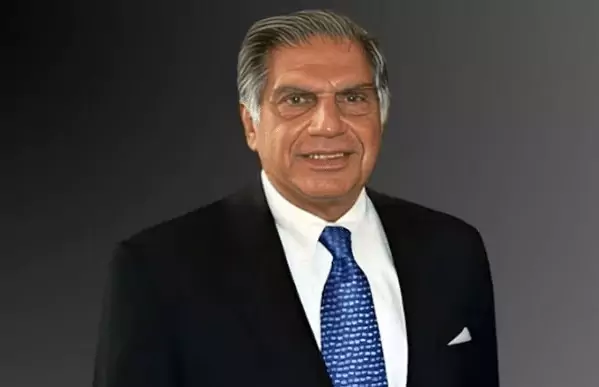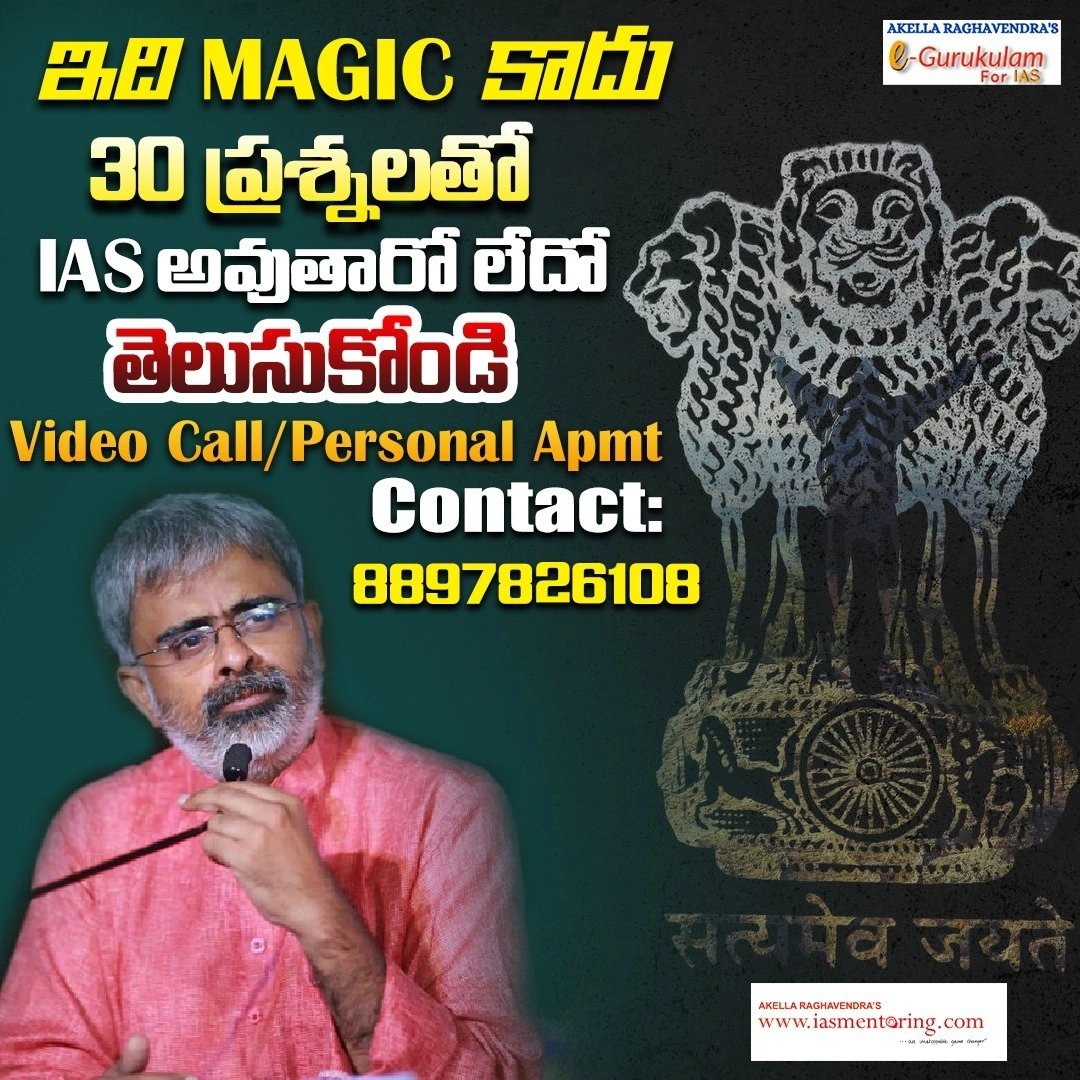Ratan Tata - Inspiration to Mankind
Ratan Tata born in 1937 into the Tata family, he studied architecture and structural engineering. Took over the Tata Group in 1991 after J.R.D. Tata. He led the transformation of a traditional business into a globally competitive conglomerate.
Leadership Style and Ethical Stand:
He emphasized value-based leadership, ethics, and social responsibility. And he is known for humility, vision, and hands-on management.
Case Study 1:
- Ratan Tata initiated the Tata Nano project to provide an affordable car to Indian families. The factory was set up in Singur, West Bengal, but faced protests over land acquisition.
- Ethical Dilemma:
Should the Tata Group continue despite unrest, or relocate, risking delays and cost? - Despite large investments and political backing, Ratan Tata chose to withdraw rather than continue amid local opposition, stating: “We do not want to be where we are not welcome.”
- This Decision of Ratan Tata shows us:
- Reflects compassionate capitalism, putting people before profit.
- Highlights non-violence, public trust, and ethical leadership.
Case Study 2: Tata’s Response During 26/11 Mumbai Attacks
During the 2008 terrorist attacks, the Taj Mahal Palace Hotel, owned by Tata Group, was severely targeted.
Ratan Tata’s Response:
- Personally met victims and families.
- The group paid full salaries of affected staff until they returned or retired.
- Provided educational support to children of victims.
- Rebuilt the hotel to preserve its original spirit, avoiding any cost-cutting shortcuts.
Here Ratan Tata
- Displays empathy, compassionate leadership, and corporate ethics in crisis.
- Good for answers on disaster response, stakeholder responsibility, and humane governance.

Major Contributions:
- Globalization of Tata Group: Spearheaded acquisitions like Tetley, Corus, and Jaguar-Land Rover, making Tata a global brand.
- Tata Nano: Dream project to provide an affordable car for the Indian middle class.
- Focused on innovation, design thinking, and customer-centric products.
Philanthropy:
- Played a key role in Tata Trusts, focusing on education, health, rural development.
- Donations to institutions like Harvard, Cornell, and the Tata Memorial Hospital reflect his global philanthropic vision.
Legacy:
- Redefined Indian entrepreneurship with global vision and ethical foundation.
- Inspirational figure for youth and aspiring civil servants due to his nation-first













